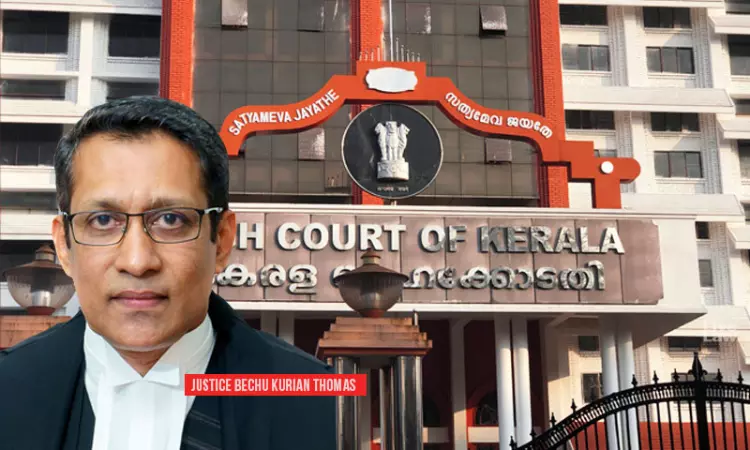The Kerala High Court held that defection is a menace to the Indian representative democracy and that the existing laws were ineffective in curbing defection effectively. Justice Bechu Kurian Thomas noted that despite anti-defection laws, many persons commit acts of defection. Taking into account the nature of orders that can be issued against defectors under the existing laws, Justice...

